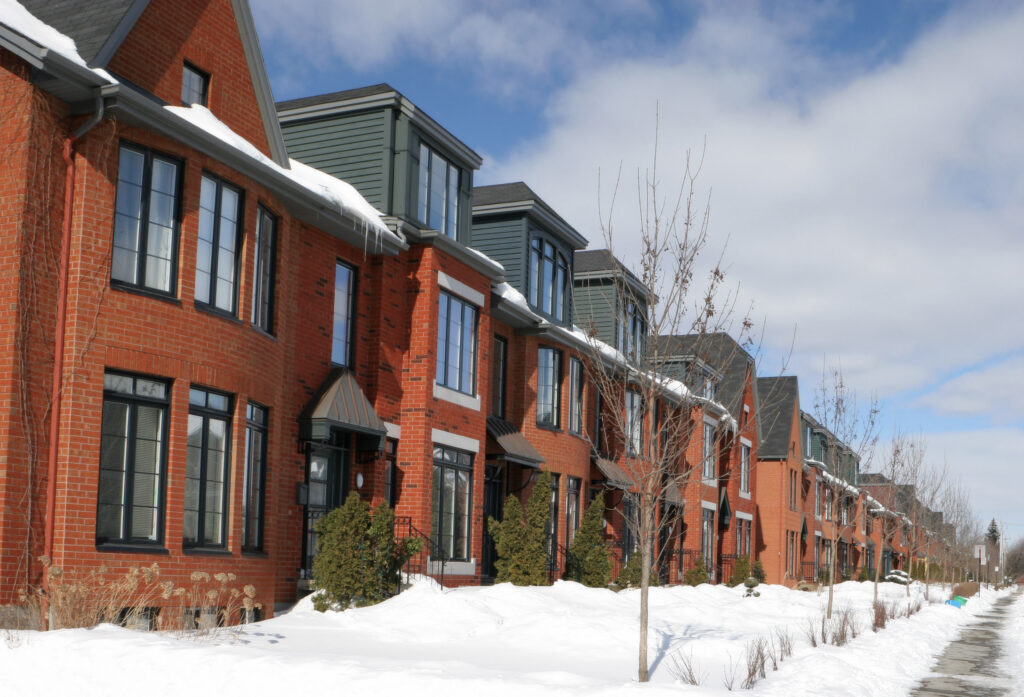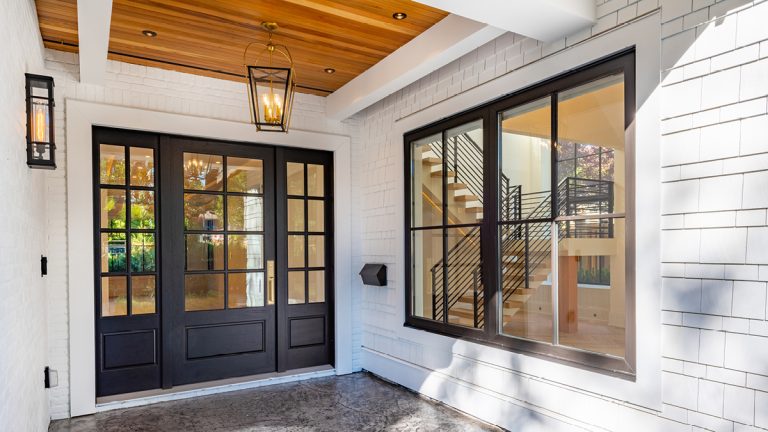
Ottawa has joined a growing list of Canadian cities that now require homeowners to declare the occupancy status of their property, or pay a vacancy tax.
Starting in 2023, residents in the City of Ottawa are mandated to annually declare the occupancy of their properties as part of a Vacant Unit Tax (VUT) by-law. Any home reported vacant, or deemed vacant by default after failure to make a declaration, is subject to the new tax.
This year, homeowners are required to submit their 2022 occupancy declaration by March 16, 2023.
The VUT is designed to discourage Ottawa homeowners from leaving their properties unoccupied, thereby boosting the city’s housing supply. A vacancy tax has existed in Vancouver since 2017, and was implemented in the City of Toronto earlier this year. Hamilton will launch its own VUT in 2024, and a similar tax is under consideration in Ontario’s Peel Region.
If you own a property in Ottawa, here’s everything you need to know about the VUT:
VUT framework
Ottawa’s VUT applies to non-principal residences left vacant for at least 184 days during the previous calendar year. If an Ottawa resident owns more than one property, they are required to submit a declaration for each residence.
In 2023, the VUT is 1% of a property’s assessed value. For example, a vacant home with an assessed value of $415,000 would pay a fee of $4,150, which would be added to the residence’s final property tax bill. If no declaration is made, the property may be deemed vacant by default.
Ottawa homeowners can make their declaration through their MyServiceOttawa account, which requires the residence’s 19-digit roll number and 7-character access code.
Tax Exemptions
A property that is the principal residence of the homeowner, occupied by a permitted occupant such as a family member or friend, or rented by a tenant for at least 184 days in increments of at least 30 days, is exempt from the Ottawa VUT. Commercial, industrial and multi-residential properties are excluded from the tax.
Under certain circumstances, an unoccupied home may be exempt from the VUT. In cases where the property has been sold, or is vacant due to a court case, the death or hospitalization of the owner, or is undergoing major renovations, the VUT may not apply. If the home is a cottage rental in a rural area with a valid host permit, then it may also be exempt from the VUT, if it has been leased for at least 100 days during the previous calendar year.
Additional information is required to file for a VUT exemption. More documentation may be requested in the event of an audit. Owners who wish to dispute the results of their declaration can do so through a two-stage appeal process.
Late declarations and fines
If a VUT occupancy declaration is not made by the annual deadline, a $250 fee is applied to the property’s tax roll. This year, late declarations will be accepted until April 30th, and the late fee will be waived.
False property status declarations, or failure to provide information when requested, may result in fines of up to $10,000, plus the VUT.
For more information on the Ottawa Vacant Unit Tax, visit the City of Ottawa’s website.






